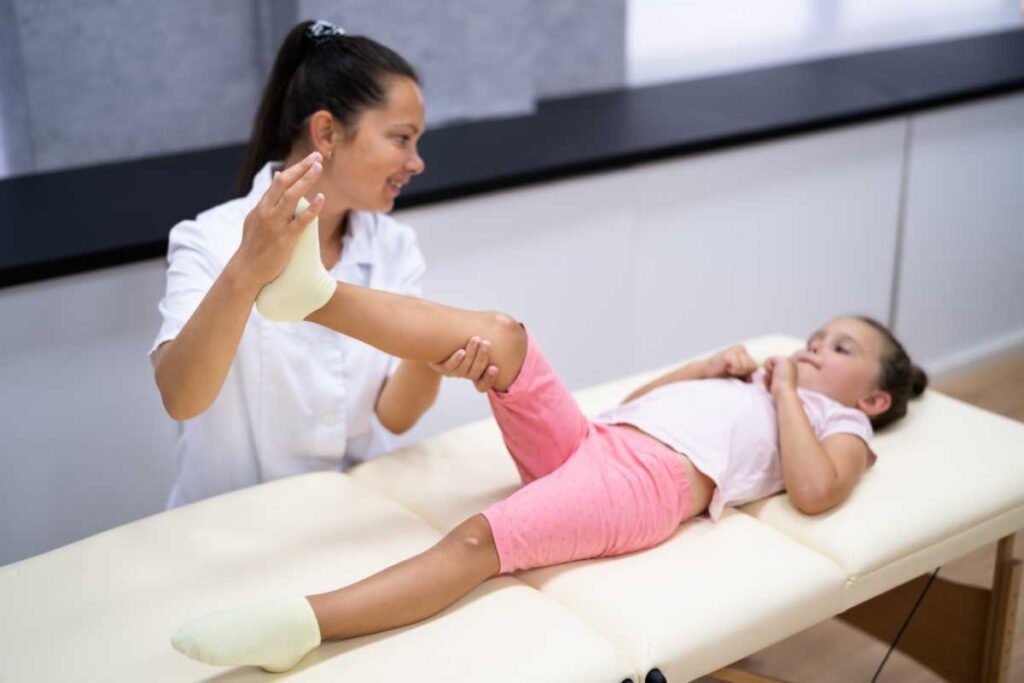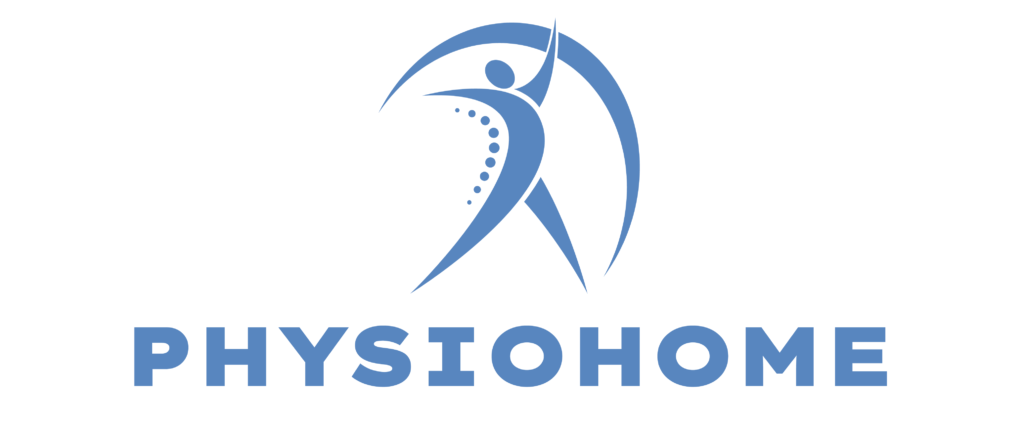In the realm of pediatric healthcare, the concept of mobility extends far beyond the simple act of walking. For many children with unique needs, mobility plays a pivotal role in their development, independence, and quality of life. Exploring diverse forms of pediatric mobility reveals a rich landscape of technologies, therapies, and innovations that empower children to navigate their world on their own terms.
Embracing Diversity in Mobility Solutions

Every child is unique, and so are their mobility requirements. While walking is a fundamental milestone, not all children follow a conventional path to achieving it. Some face challenges due to conditions like cerebral palsy, spina bifida, muscular dystrophy, or congenital limb deficiencies. In these cases, traditional mobility aids such as wheelchairs, walkers, and crutches may provide essential support.
Technological advancements have revolutionized pediatric mobility, offering customizable solutions tailored to individual needs. Powered wheelchairs equipped with advanced control systems allow children greater independence and mobility over various terrains. Similarly, exoskeletons and orthotic devices provide support and assistance, enabling children to stand, walk, and participate more fully in daily activities.
Therapeutic Approaches to Enhance Mobility
Beyond technological solutions, therapeutic interventions play a crucial role in enhancing pediatric mobility. Physical therapy programs are designed to improve strength, coordination, and motor skills, laying a foundation for children to achieve greater independence in movement. Occupational therapy focuses on practical skills and adaptations, helping children perform everyday tasks more efficiently.
Early intervention is key in optimizing mobility outcomes for children with mobility impairments. Starting therapy at a young age can significantly improve long-term functional abilities and quality of life. Therapists work closely with families to develop personalized treatment plans that address specific challenges and goals, fostering confidence and resilience in children as they navigate their mobility journey.
Supporting Emotional and Social Well-being

Mobility challenges can impact a child’s emotional and social development. Addressing these aspects is essential for promoting holistic well-being. Peer support networks and community programs provide invaluable opportunities for children to connect with others facing similar experiences, fostering a sense of belonging and reducing feelings of isolation.
Furthermore, inclusive design principles are shaping environments to be more accessible and accommodating for children with diverse mobility needs. From adaptive playground equipment to accessible transportation options, these efforts promote inclusivity and empower children to participate fully in social and recreational activities.
Looking Towards the Future
As we look towards the future of pediatric mobility, innovation continues to drive progress. Emerging technologies such as robotic assistive devices and neural interfaces hold promise for further enhancing mobility options and improving outcomes for children with complex needs. Collaborations between healthcare professionals, researchers, engineers, and families are essential in advancing these technologies responsibly and ethically. The future of pediatric mobility is bright and multifaceted. By harnessing technological innovation, fostering interdisciplinary collaboration, and promoting inclusivity, we can create a future where every child, regardless of their mobility challenges, can thrive and achieve their full potential. Together, we can continue to push the boundaries of what is possible, enriching the lives of children and their communities around the globe.
Conclusion
In conclusion, the journey of pediatric mobility extends far beyond walking. It encompasses a spectrum of technologies, therapies, and community supports that empower children to explore, learn, and grow. By embracing diversity in mobility solutions and prioritizing holistic care, we can ensure that every child has the opportunity to thrive and achieve their full potential, regardless of their unique challenges. Together, we can create a future where all children can move freely and confidently, enriching their lives and the world around them. Whether you’re seeking therapeutic solutions, adaptive technologies, or support for your child’s mobility journey, we’re here to help. Contact us today at Physio home located at Ras Al Khaimah United Arab Emirates to learn more about our services and how we can support your child’s development and well-being. Together, let’s empower every child to reach their fullest potential.

